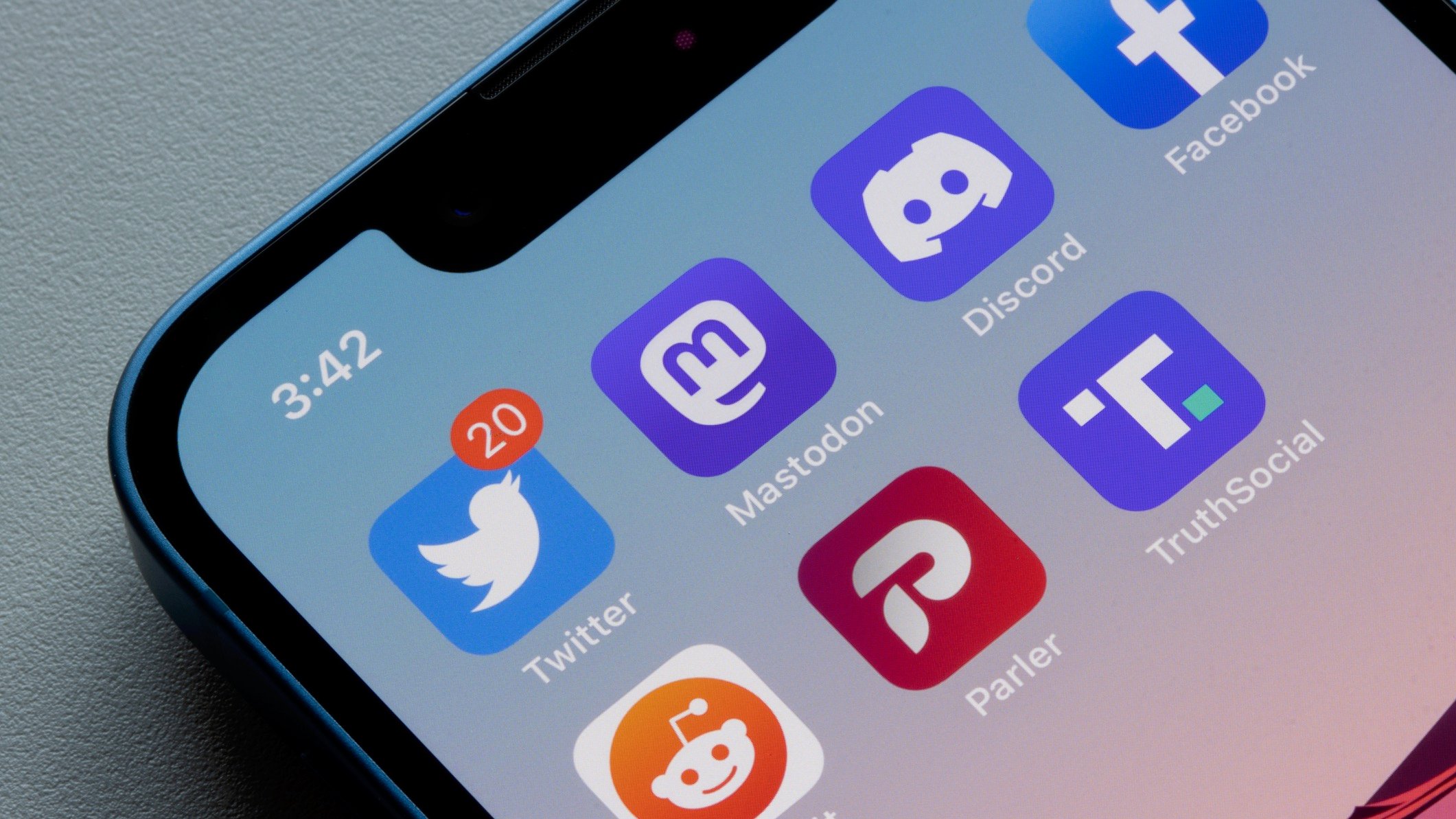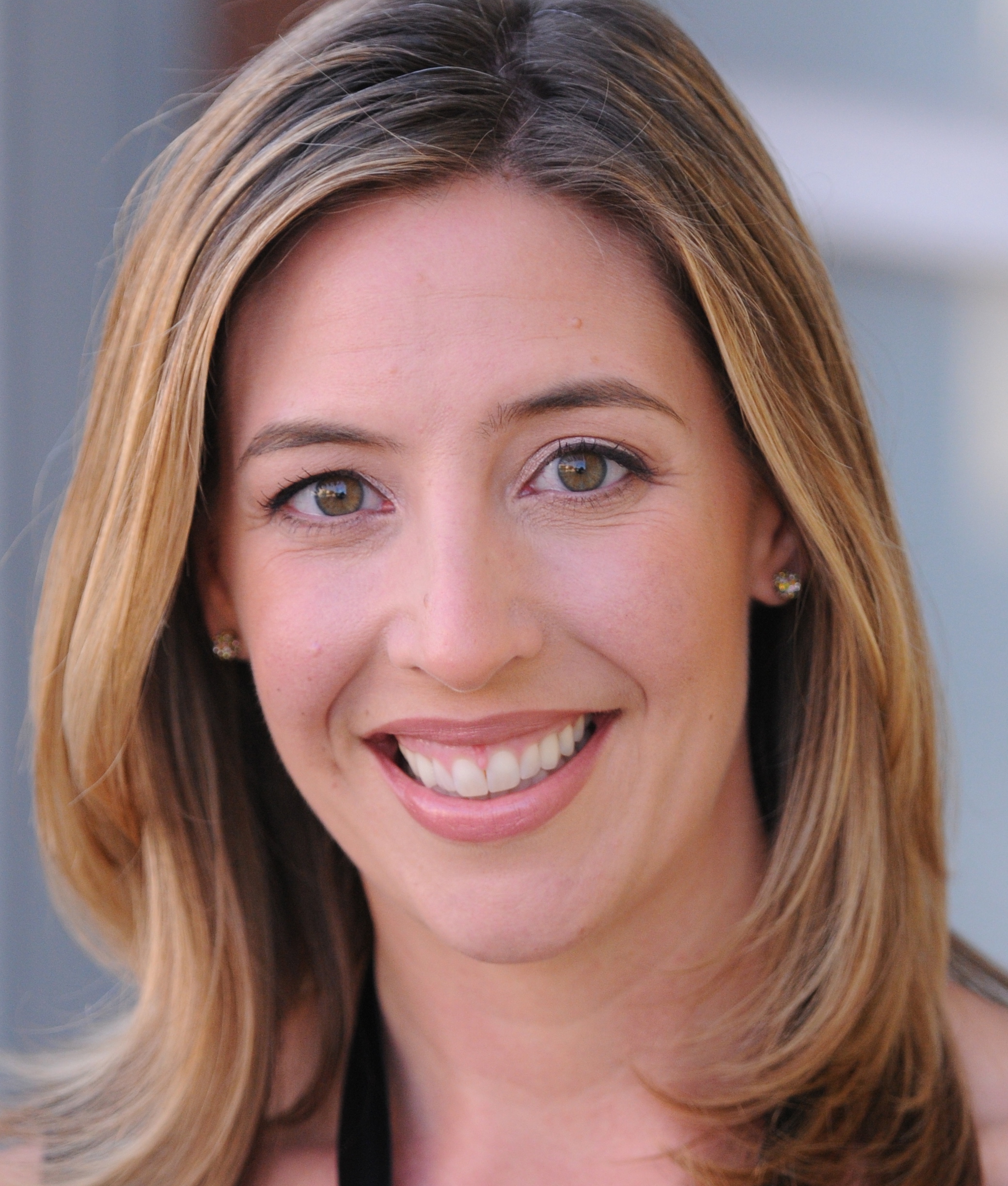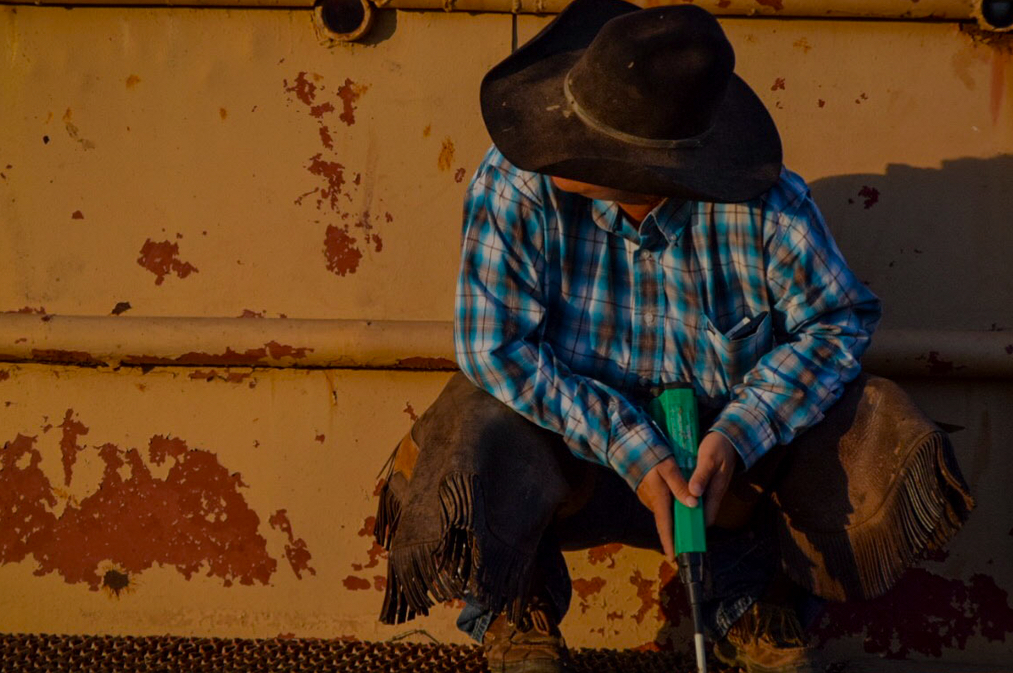‘The Pub’ #43: Why public media are sponsoring polls, and how a CBC video went viral

Ryssdal, Fleming, Burt-Wintonick
My old station in Boston, WBUR, has been commissioning a lot of polls in the last few years. A series of polls showing anemic public support for Boston’s 2024 Olympics bid may have played a role in that bid ultimately fizzling.
But WBUR has also done electoral polling for state and local races and for presidential politics, particularly in neighboring New Hampshire. This practice recently attracted the skepticism of New York University journalism professor Jay Rosen, in a Twitter exchange with his Northeastern University counterpart Dan Kennedy.
@dankennedy_nu Maybe you understand this. Why does WBUR do horse race polls? The commercial media isn't providing enough of those?
— Jay Rosen (@jayrosen_nyu) September 16, 2015
@dankennedy_nu 'Donate to keep those horse race polls keep coming because without public radio where would we go for that?' …Makes sense.
— Jay Rosen (@jayrosen_nyu) September 16, 2015
So how does polling fit with public media’s mission? On The Pub this week, WBUR Managing Director of News and Programming Sam Fleming responds to Rosen’s critique.
Also, Marketplace host Kai Ryssdal talks about his show’s new economic poll, the “Economic Anxiety Index.” While he has copious journalistic reasons for investing in polling, he admits there is promotional value as well in creating new data that other media might pick up.
“I’d have been thrilled to tiny little bits if John Harwood in the CNBC economic debate had said the other night to one of those 10 people up on that stage, ‘Listen, there was a Marketplace survey the other day that said people are losing sleep in this economy over their finances,’” Ryssdal told me. “I’d have jumped up and down on my couch.”
Also on the show:
- Mira Burt-Wintonick, producer of the recently discontinued CBC radio show WireTap, talks about how she and her colleagues transformed an old radio segment into a viral video that’s likely gotten more exposure than the entire 11-year run of their show.
- We open up Adam’s Gripe Bag, a collection of sundry media stories that made me angry in the last week, including Pandora’s botched announcement of an exclusive-but-not-really deal with Serial and This American Life, Washington Post media blogger Erik Wemple’s misguided criticism of the New York Times, and why the National Weather Service can’t come up with more intuitive terms for severe weather “watches” and “warnings.”
There are still free tickets left for our live show Monday in Atlanta at the American Public Television Fall Marketplace. Register here!
Please subscribe to The Pub in iTunes or your favorite podcast app, and leave us a rating and a comment! That will help boost our search results and allow people to find the show more easily.
We welcome your feedback on the show: You can reach me at adam@current.org or @aragusea on Twitter; my supervising producer at Current, Mike Janssen, is at mike@current.org; and you can contact Current generally at news@current.org or @currentpubmedia on Twitter.
If you’d like to offer a comment to be used in the program, please send on-mic tape (recorded in a studio, with a kit, a smartphone, anything) to adam@current.org either as an attachment or through Google Drive. Please keep it short!
Adam Ragusea hosts Current’s weekly podcast The Pub and is a journalist in residence and visiting assistant professor at Mercer University’s Center for Collaborative Journalism.







If you’re going to have sound effects on this show, don’t forget the classics like a kazoo or slide whistle!
The media love to rig polls because that is where the campaign funds ultimately end up. That way the campaigns can hit up the big money donors for more money. Then after the elections are over the polling organizations are all stunned over the outcome. The networks all love all the money that flows during elections.
Am I the only one concerned about TAL’s continued ventures into commercial media? Pandora is a serious player and threat to local broadcasters. It is hard for me to hear Ira Glass asking listeners to ‘do their part’ during fundraising spots that used to be really effective on public radio. Every time I hear him say that he does these pledge shows to ‘support the mission of public broadcasting’, I cringe. Although it may be technically true, it still just doesn’t feel right.